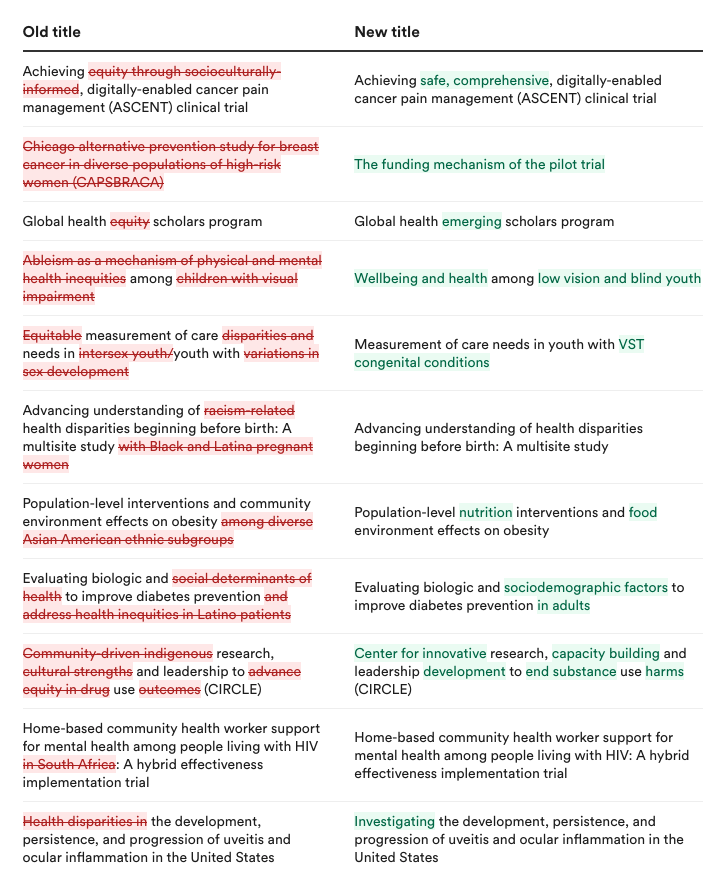
This year, the 29th International Conference on Theory and Practice of Digital Libraries (TPDL 2025) took place in Tampere, Finland, from September 23–26. I attended the conference together with Sarah Oberbichler from the DH Lab to present our joint paper, “Studying Model Design Biases in LLMs for Multilingual Historical Newspaper Extraction;





